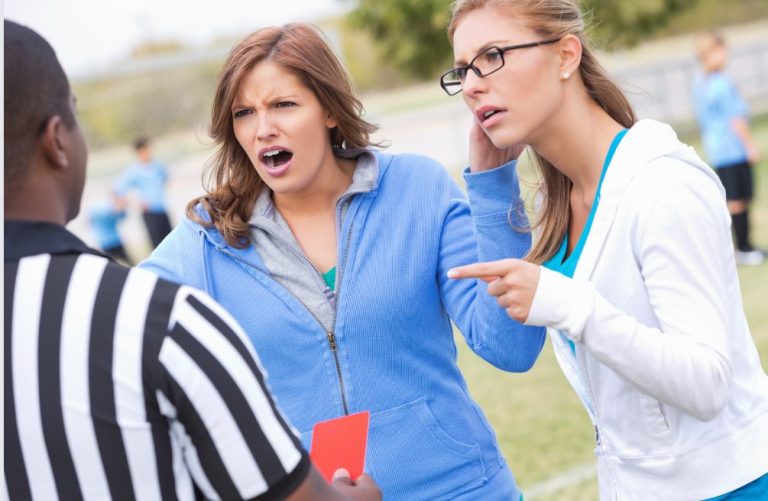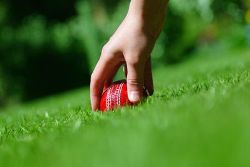Swimming is both a recreational activity and a competitive sport, and in a country surrounded by water, swimming is a skill that every child should learn. We overview swimming as a sport for kids.
What is Swimming?
Swimming is a great sport and activity which can be enjoyed by New Zealanders of all ages, from young children to the elderly.
Swimming strokes include freestyle, backstroke, breaststroke, butterfly, crawl, sidestroke and dog paddle.
Swimming is great exercise and is a lifetime sport that benefits the body and the whole person. Regular swimming builds endurance, muscle strength and cardio-vascular fitness.
It fills a wonderful recreational need for individuals and families, from beach and pool fun to water parks.
Learning to swim can save your life!
Swimming was part of the first modern 1896 Summer Olympics games in Athens. In 1900 backstroke was included as an Olympic Event. In 1908, the world swimming association Federation Internationale de Natation was formed.
The history of swimming in New Zealand dates back to 1890 when the Amateur Swimming Association of New Zealand was formed, now called Swimming New Zealand. The first swimming club was formed in Christchurch in 1900.
Where can you Swim?
New Zealand is fortunate to be surrounded by pristine coastline, entirely surrounded by the sea. Being a small country, a family is only a short drive from some of the best sea swimming in the world – invigorating and healthy.
We also boast some wonderful rivers and lakes, where swimming, boating, water skiing and fishing take place regularly.
Virtually every town and city in New Zealand boasts a community pool. From the simple uncovered rural school pool to some huge swimming and entertainment complexes located in the larger centres, you will be able to swim all year round in most locations.
What age can your child start Swimming?
From infant to retired, you can take up and benefit from swimming at any age. There are a range of programmes available for all age groups and fitness levels.
How do you progress over time?
Many swimming pools and complexes offer a range of programs for all age groups.
Baby and Parent Programmes
These are for infants three months to three years and include a parent or guardian. Lessons include developing water confidence skills using songs and activities to encourage participation.
Pre-School Programmes
For children aged three to five years. Water confidence continues to develop and the child is taught swimming skills.
School Age Programmes
These vary from each swimming complex, but include:
School Age Learn-to-Swim
Several programmes available under this section depending on the ability of the individual, but includes skill development of freestyle, backstroke and basic breaststroke.
Stroke and Mini Squad Programmes
Designed for children who can swim 25 metres of backstroke, freestyle and breaststroke. Further development of these skills. Mini Squads prepare the young swimmers for club competition.
What gear do you need for Swimming?
Apart from a decent pair of togs, there’s a whole range of equipment out there to enhance your fitness, protect you and your kids and add some fun to your swimming day out.
For the regular swimmer goggles and a swim cap, and perhaps flippers (i.e. fins) are essential.
Kids just starting out and practicing regularly will benefit from a kickboard, of which a large range for all ages are available.
Fitness and training can be enhanced with the addition of aqua barbells, dumbbells and running belts.
To add some fun and relaxation for the family you may want to consider water seats and loungers.
A sunscreen with and SPF factor of 30+.
How much does Swimming cost?
The cost to swim in a public swimming pool varies around the country, generally depending on the size of the complex, but you can expect around $2 – $5 per child, $4 – $8 per adult, per session.
All complexes offer concession options, and again these vary considerably. Pools generally offer 10 (some 20) pass concessions and prices vary depending on adult, student, child under five, child five to fifteen or senior. Family concessions are also available. Contact your local swimming complex for more information.
Lessons for children usually run on a 10-week school term basis. Prices will vary across the country, and will also depend on whether you go to a private or public swimming school.
How much time does Swimming take?
Children’s lessons last from 20 to 60 minutes depending upon the age of the child.
However, by the time you have driven your child to the pool, they’ve got changed, had a lesson, dried off and got dressed; you’re probably looking at around 1.5 to 2 hours in total.
A daily (or at least weekly) swim session is beneficial for the health of all of your family; swimming is a lifetime activity which benefits children and adults of all ages.
Great Swimming Websites
Swimming New Zealand promote and organise competitive and recreational swimming in this country.
NZ Masters Swimming encourages swimming for fun, fitness and friendship for those 20 years of age and older.
www.watersafety.org.nz
Website for Water Safety New Zealand. Includes information on water safety courses and resources, including swim for life.
Website for WaterSafe Auckland Inc focussed upon safety related issues, education, and training around water in the Auckland region, including Integrated Aquatic Programme Year 0 – 8.




